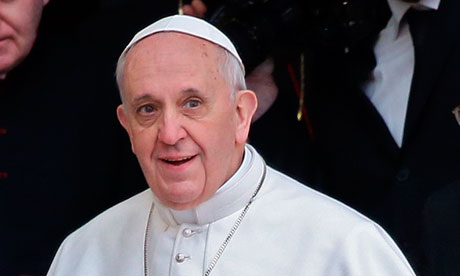A secret way of leadership
As we have all heard gurus like John Maxwell say “everything rises and falls on leadership.” History and the nightly news are full of stories of those who have fallen, and taken their organizations with them.
Followers of Jesus believe that everyone is at least a little broken. So why do we give so much leadership power to single individuals?
There’s a secret in the Bible about of Church leadership: it was never meant to be the sole responsibility of one powerful man.

Elders and Equippers
The Church in the New Testament is led by a multiplicity of voices who share leadership. The original Jerusalem church was taught by the Twelve apostles, and administrated by seven other leaders.
This plurality in leadership continued as Paul planted churches throughout the Roman Empire. His instructions found in the letters to Timothy and Titus show how he left the young communities in the care of elders and deacons. Elders acted primarily as overseers, examples, and teachers, while deacons have traditionally been associated with the administrative role seen in Jerusalem.
In Ephesians chapter four, Paul explains “Christ himself gave the apostles, the prophets, the evangelists, the pastors and teachers to equip his people for works of service.” Commenting about this passage, Frost and Hirsch say,
“If this is true, it is impossible to estimate what terrible damage the church has done through the loss, even active suppression, of this crucial dimension of New Testament ministry and leadership.”
J.R. Woodward echoes this, saying
…[Paul] reveals to us a polycentric structure, where leaders interrelate and incarnate the various purposes of Christ in such a way that the entire body is activated to service and matures in love.”
…[Equippers] embody their gifts in such a way that the entire body is awakened and moves toward the full stature of Christ in both character and mission”
Why the Church is a Body
In one of his most descriptive and entertaining passages, Paul describes the church as a body which has “many parts, but all its many parts form one body.” Paul uses the body metaphor for three reasons.
- It justifies the necessity of each individual in that “God has placed the parts in the body, every one of them, just as he wanted them to be.” (1 Corinthians 12).
- It excludes one part from assuming more importance than the others since “God has put the body together, giving greater honor to the parts that lacked it, so that there should be no division in the body, but that its parts should have equal concern for each other. “
- It makes individual experiences corporate, because “If one part suffers, every part suffers with it; if one part is honored, every part rejoices with it.”
Why is Shared Leadership so Rare?
History proves this vision is difficult to realize.
- Acts hints that as time went on, James became the head of the Jerusalem Church.
- By the time of the great councils, individual bishops were responsible for all of the churches within entire regions.
- The Protestant Reformation spoke out against the Catholic hierarchy, but quickly became nationalized hierarchical organizations.
Aside from a few radical movements, this seems to be the norm today.
Churches today can be heard lamenting leadership burnout in books with names like The Emotionally Healthy Church and Mad Church Disease. There’s also the seemingly endless call for a “second reformation” that destroys the clergy/laity divide.
Why is it that churches avoid shared leadership? What is this costing us?


















 Tweets
Tweets